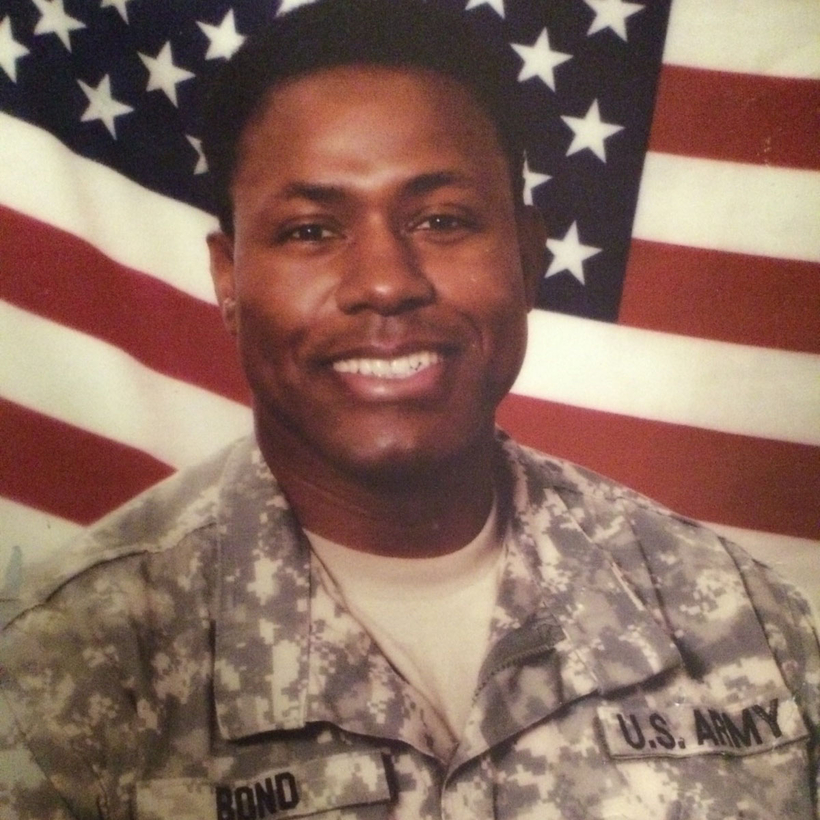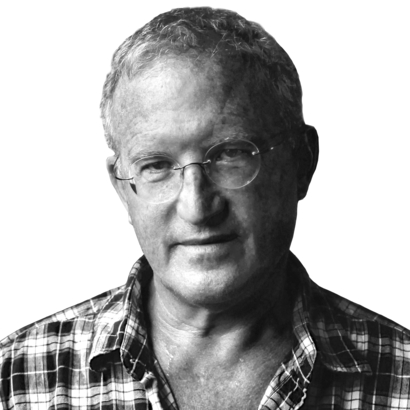The Facts
Ken Brennan visited Jackson, a nondescript city of about 65,000 roughly halfway between Memphis and Nashville, for the first time in April 2015. The site of a notable Confederate victory in the Civil War, today it is home to a few big factories, two of the largest being an aluminum-mill subsidiary of Toyota and one that produces Pringles. With its blocks of small, one-story houses with tiny yards and lots of open ground, it feels more like a sprawling town than a city. It is about half white, half black, and mostly lower-middle class. Its main avenues, like Hollywood Drive, where Spanky’s was located, are lined with strip malls.
The private detective’s first stop was to see Sergeant Chestnut and two of his colleagues, Lieutenant Phil Stanfill and rookie detective Nick Donald. Brennan assured the detectives that he was there to help them, not to show them up.


